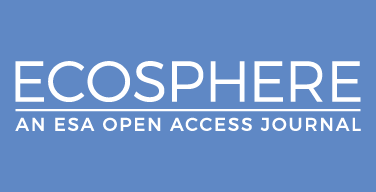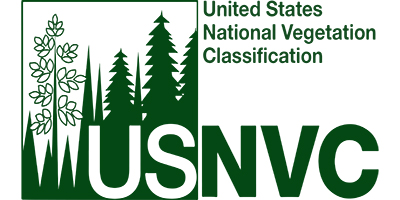
Roads, development disrupt movement of young mountain lions in California
A new study shows that young mountain lions in California struggle to disperse between populations because they avoid developed areas and busy roads, limiting the gene flow needed to keep populations healthy.



